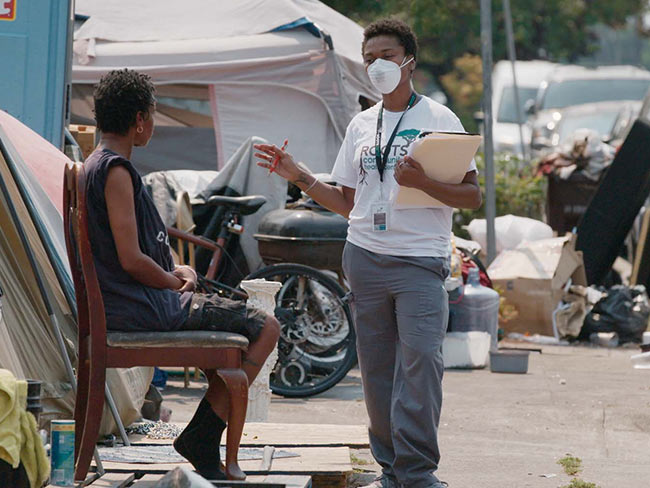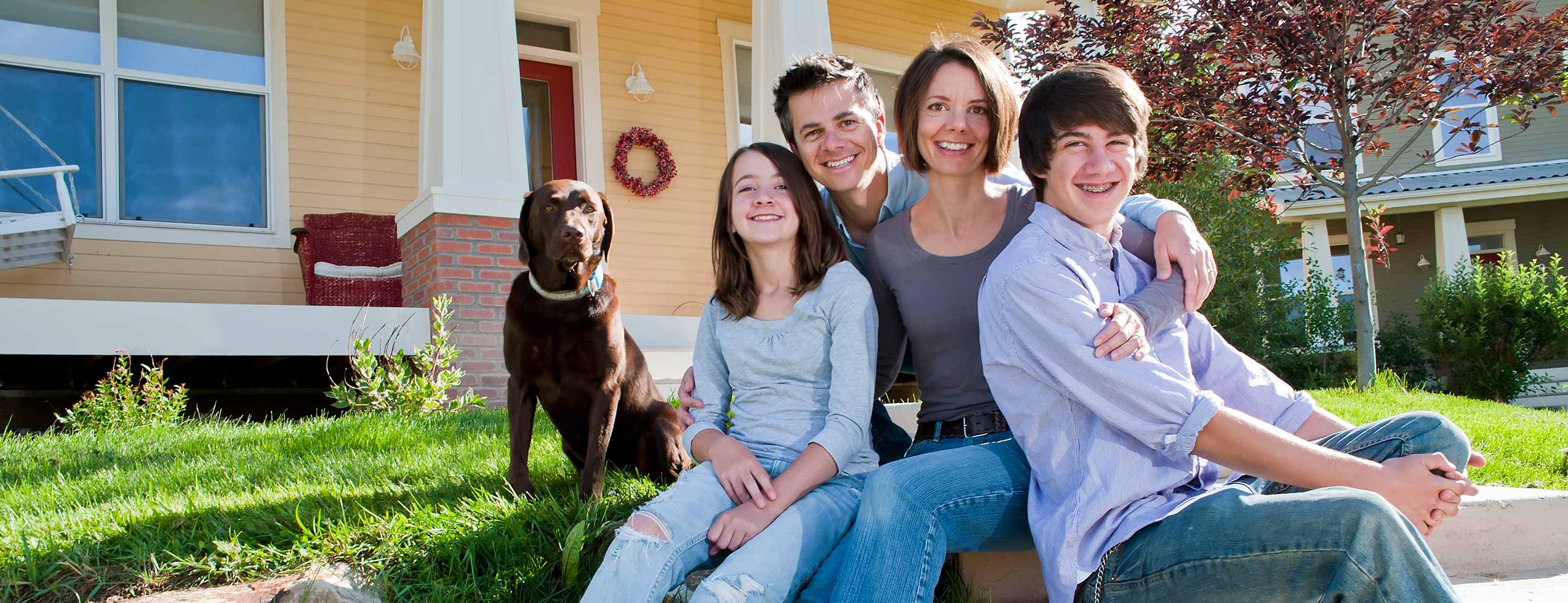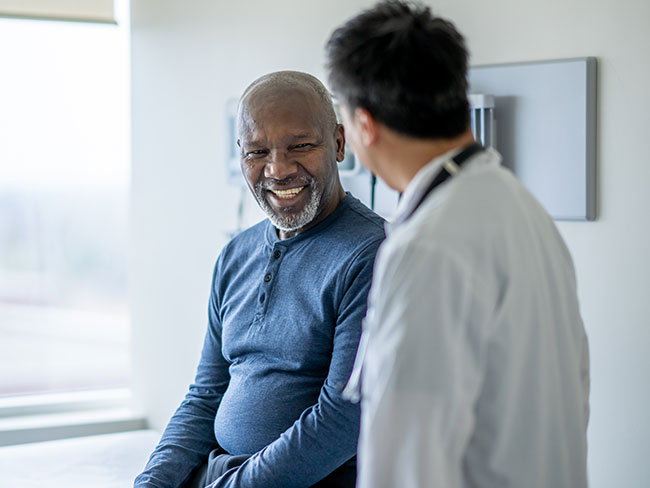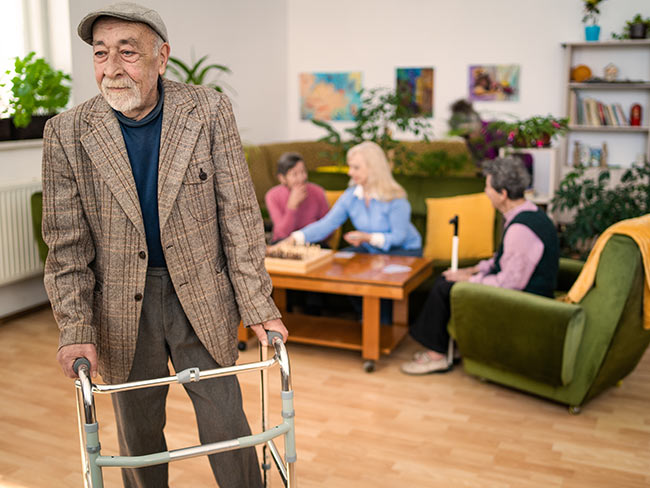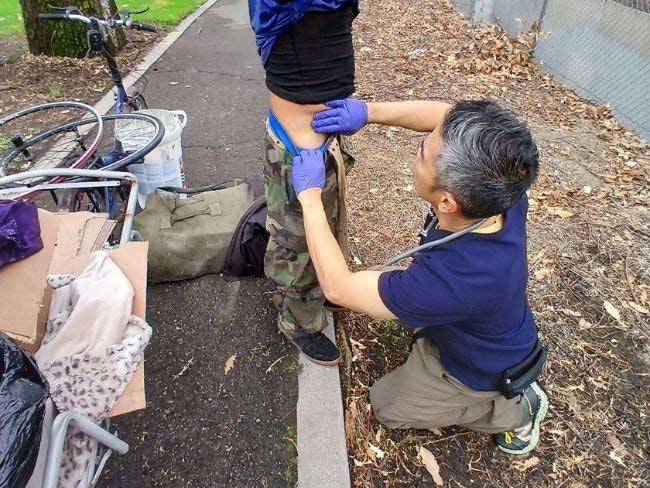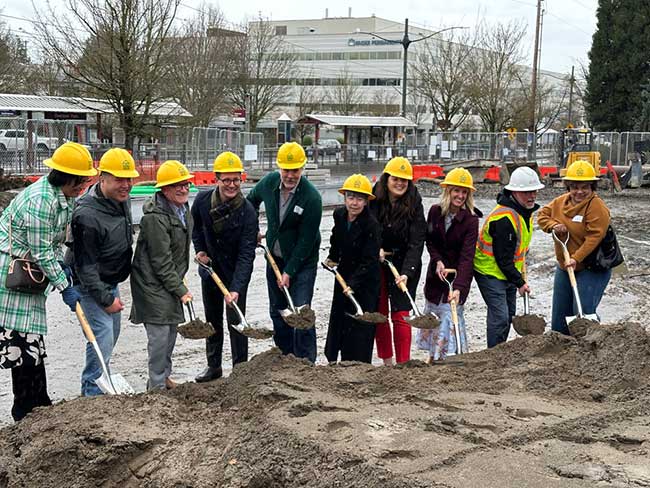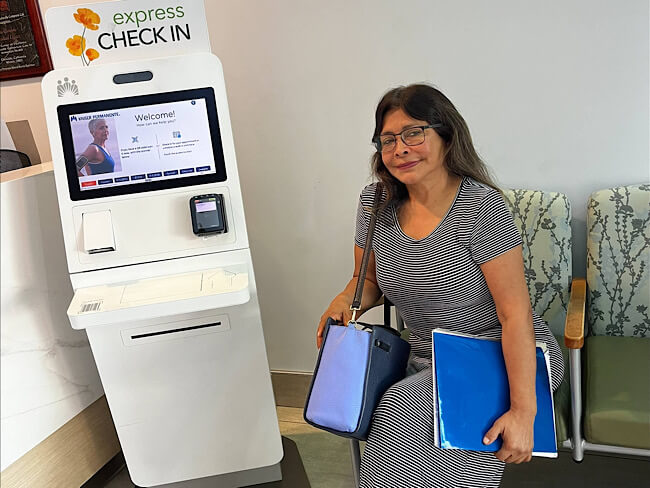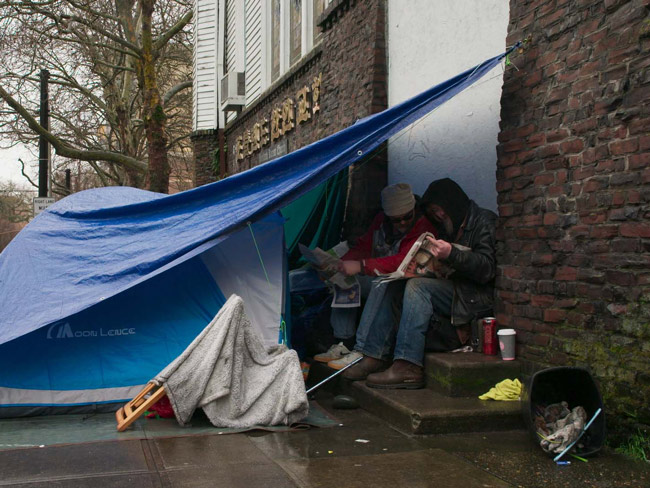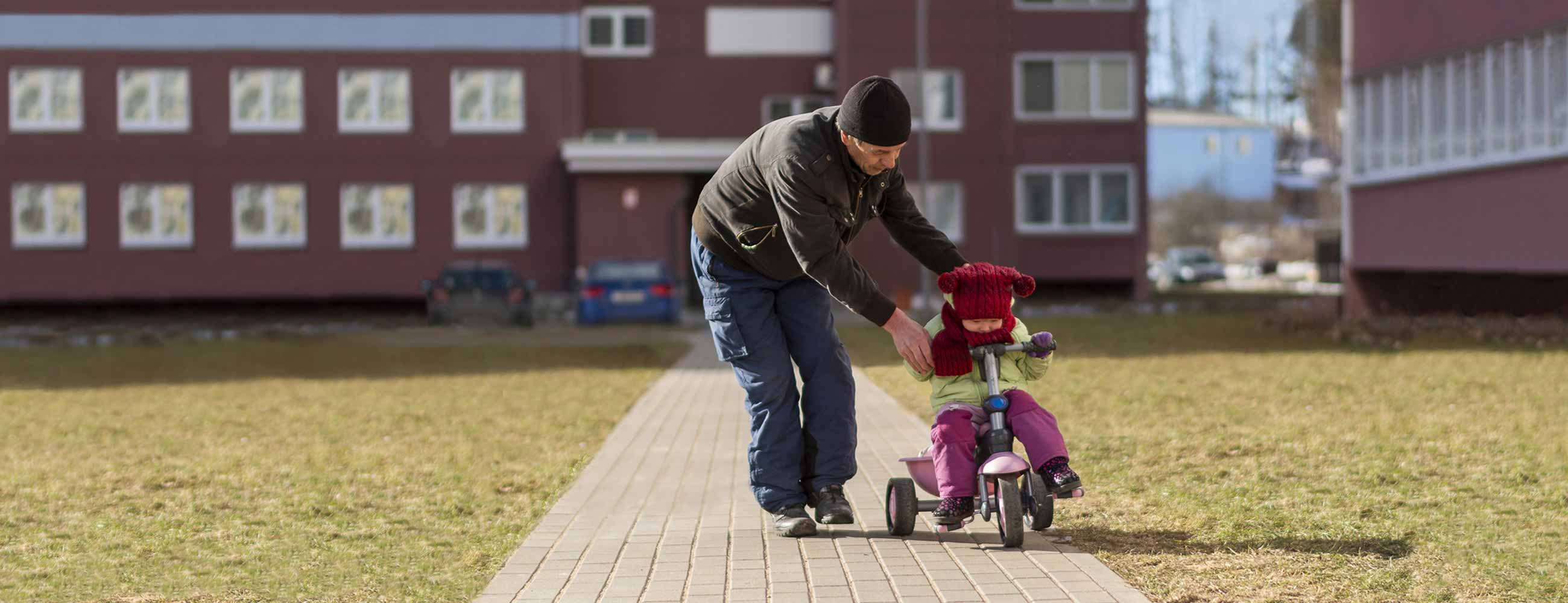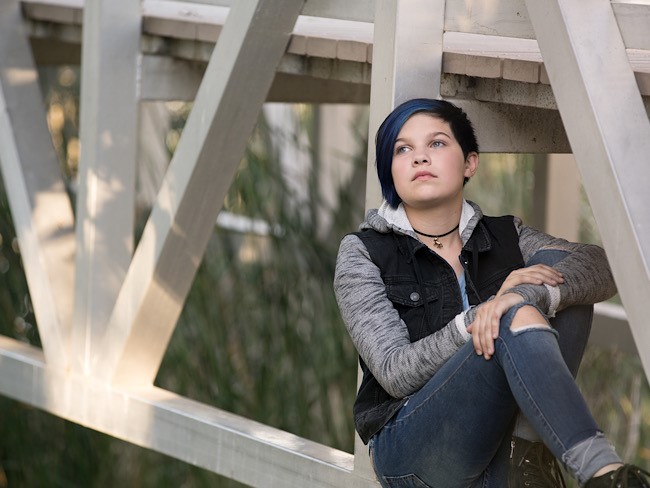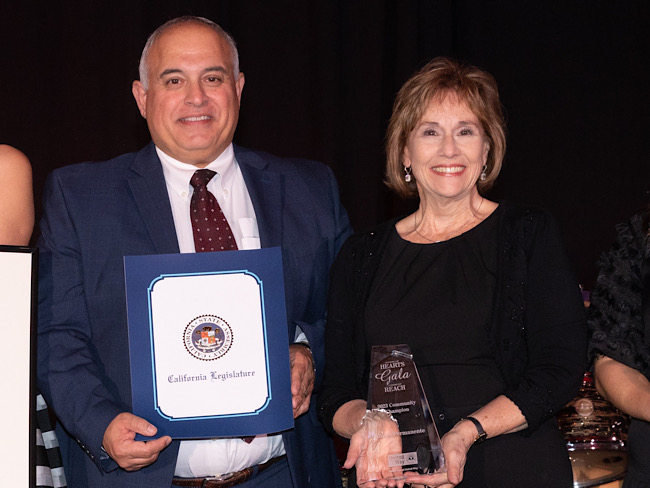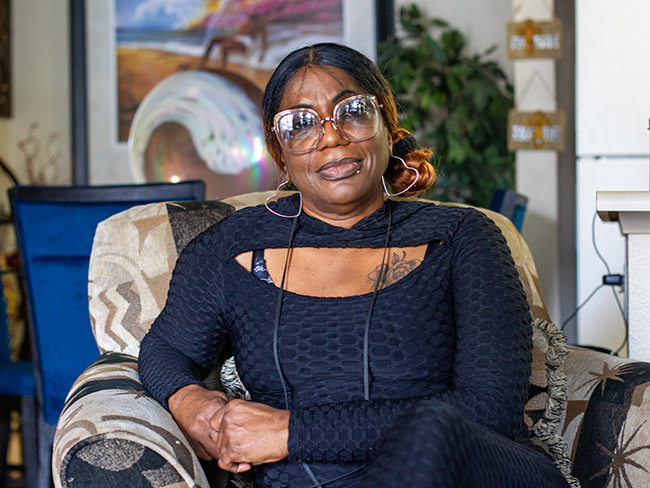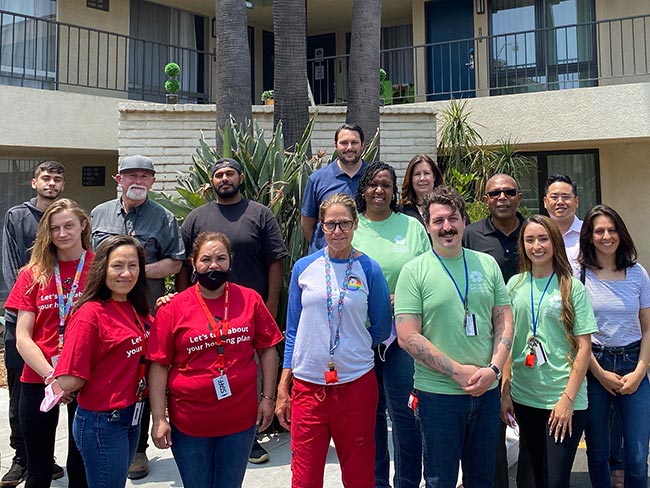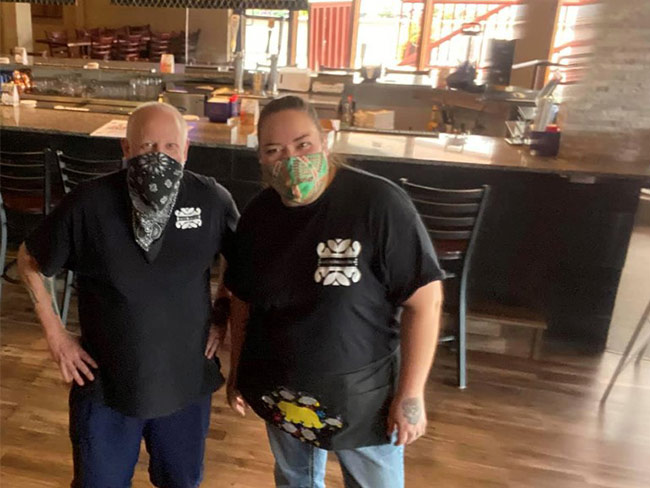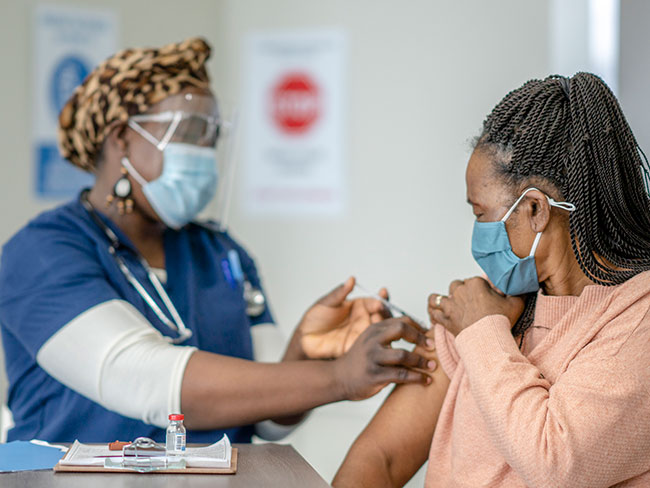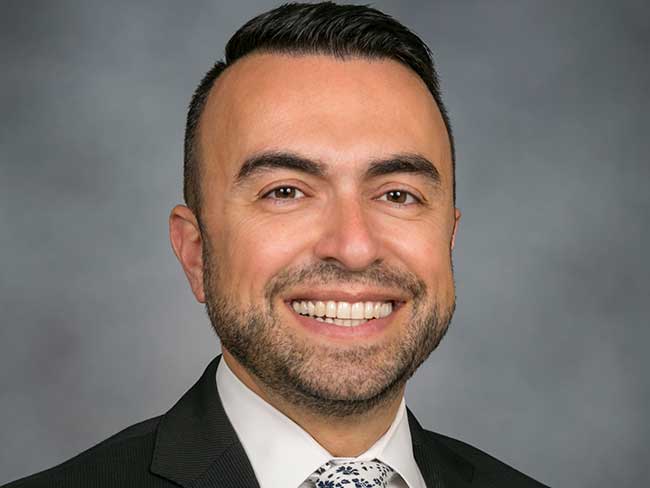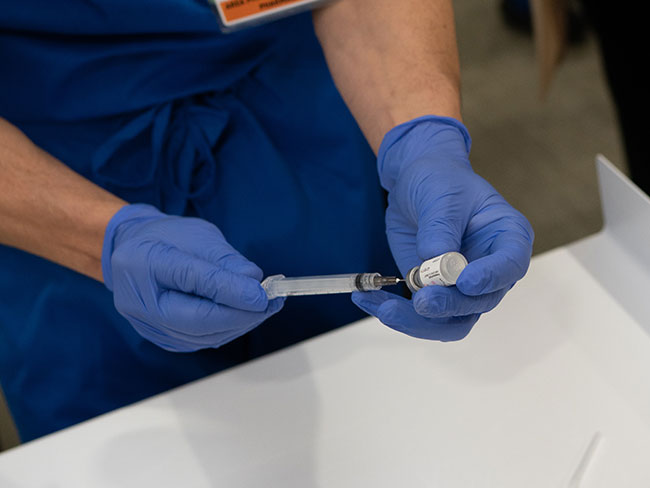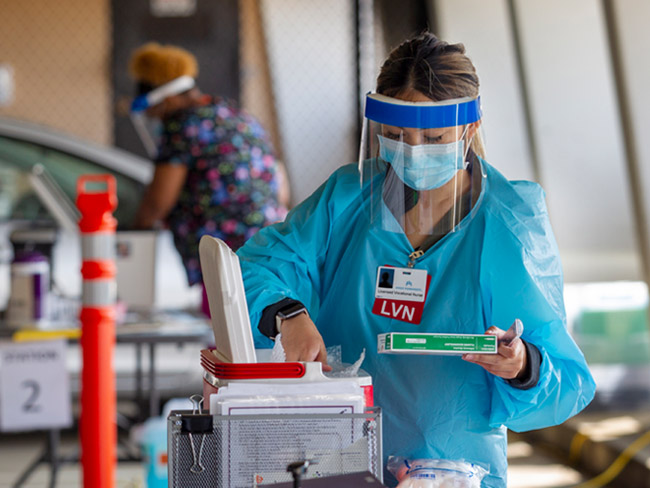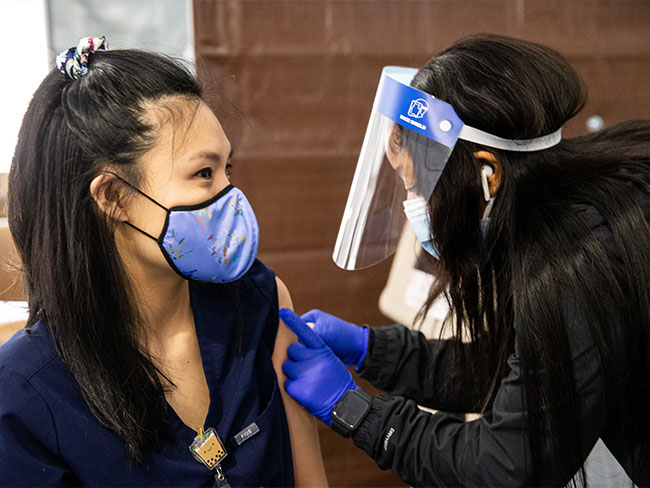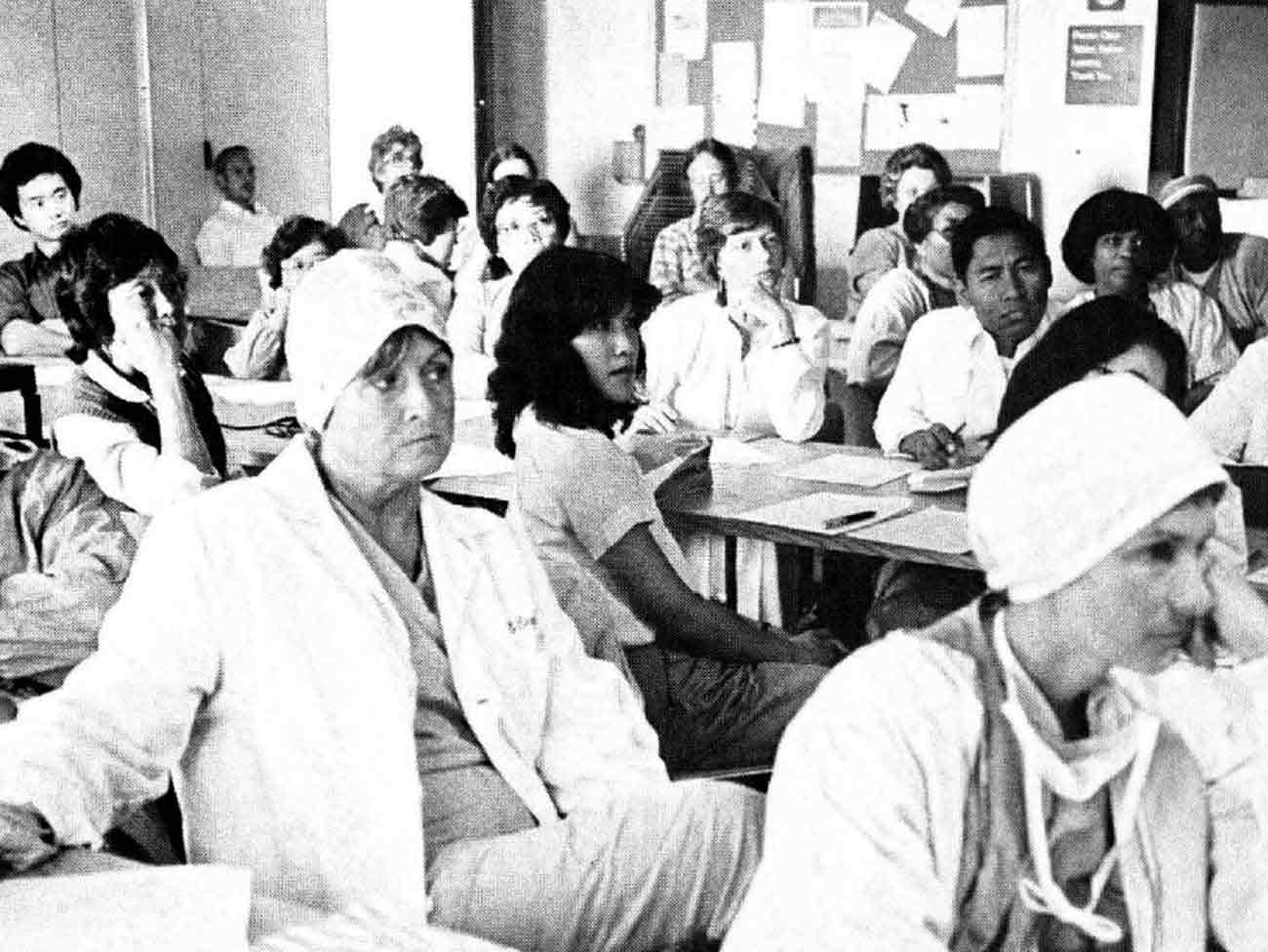Homeless in a pandemic
For people without a safe place to call home, good health is often out of reach. Season 2 of “The Way Home” documentary series explores the homelessness crisis.
“The Way Home,” a short-form documentary series, examines the homelessness crisis in California and beyond. Season 2 begins at the dawn of the COVID-19 pandemic.
A father of 5 reenters society after being released from prison but has nowhere to go. A mother of a child with severe mental illness is repeatedly evicted from housing and ends up living on the street. A single woman finds herself homeless along with others from the tight-knit community where she grew up.
With help from social services agency LA Family Housing and California’s Project Roomkey initiative, these people were able to find temporary housing during the height of the COVID-19 pandemic. And with continued support, they got help to transition into permanent housing.
These are just a few of the stories told in Season 2 of “The Way Home,” now available for streaming on Google Play and iTunes. Kaiser Permanente supported the production of “The Way Home,” a short-form documentary series from KTF Films and Bread and Butter Films that illuminates root causes — as well as promising solutions — to address the homelessness crisis in California and across the country.
“I just want my home again — that’s all — so I can be there and take care of my grandkids,” said Sonyia Steele, 54, who was homeless for 8 months before getting housing through another California program called Project Homekey. “I’m going to make it this time.”
Housing is health
The 4 episodes in Season 2 of “The Way Home” tell stories that illustrate how housing and personal health are inseparably linked.
“These films illustrate the reality that it’s nearly impossible to focus on basic health and medical needs without a safe place to call home,” said David Grossman, MD, MPH, a pediatrician and interim senior vice president for social and community health at Kaiser Permanente.
Unfortunately, an increasing number of people are at risk of worsening health caused by homelessness. In 2020, according to the U.S. Department of Housing and Urban Development, homelessness rose for the fourth year in a row nationwide.”
“If we treat homelessness like a pandemic, if we treat homelessness like people’s lives are depending on it, we could fix things.” said Carlos Davis, an outreach specialist at LA Family Housing, “That’s the hope.”
The impact of COVID-19
Season 2 of “The Way Home” starts at the dawn of the COVID-19 pandemic, which increased the economic uncertainty, housing insecurity, and structural inequities that many people in our communities were already facing.
The good news is that the uncertainty of the pandemic also brought innovative solutions.
“COVID-19 changed us in fundamental ways, and the urgency and ambiguity caused us to come up with solutions for reducing homelessness faster than ever before,” said Stephanie Ledesma, interim senior vice president of community health programs for Kaiser Permanente.
For several years, Kaiser Permanente has been leading efforts to end homelessness and help keep people in affordable housing. The organization is partnering with and investing in local and national organizations that are working to shape public policy and find solutions to the crisis.
The 4 episodes of season 2 tell human stories that illuminate the complex factors that have led to an epidemic of homelessness across the nation.
While the films are available for viewing on public streaming platforms, Kaiser Permanente is also working to offer screenings free of charge to community members and community groups across the country through a grassroots screening campaign.
If we treat homelessness like a pandemic, if we treat homelessness like people’s lives are depending on it, we could fix things. That's the hope. Carlos Davis, outreach specialist, LA Family Housing
How you can help
No one organization can solve the affordable housing and homelessness crisis. You can be part of the solution. Watch these films and share them. Then, consider taking actions.
- Learn more about the organizations featured in the series, including Roots Community Health Center, Enterprise Community Partners, and LA Family Housing, which are working to address the root causes of and promising solutions to the homelessness crisis.
- Talk with your friends and family about the misconceptions that surround people experiencing homelessness. Listen and try to understand different perspectives while encouraging empathy and understanding.
- Volunteer with organizations in your community to provide resources and critical services that support people experiencing homelessness.
